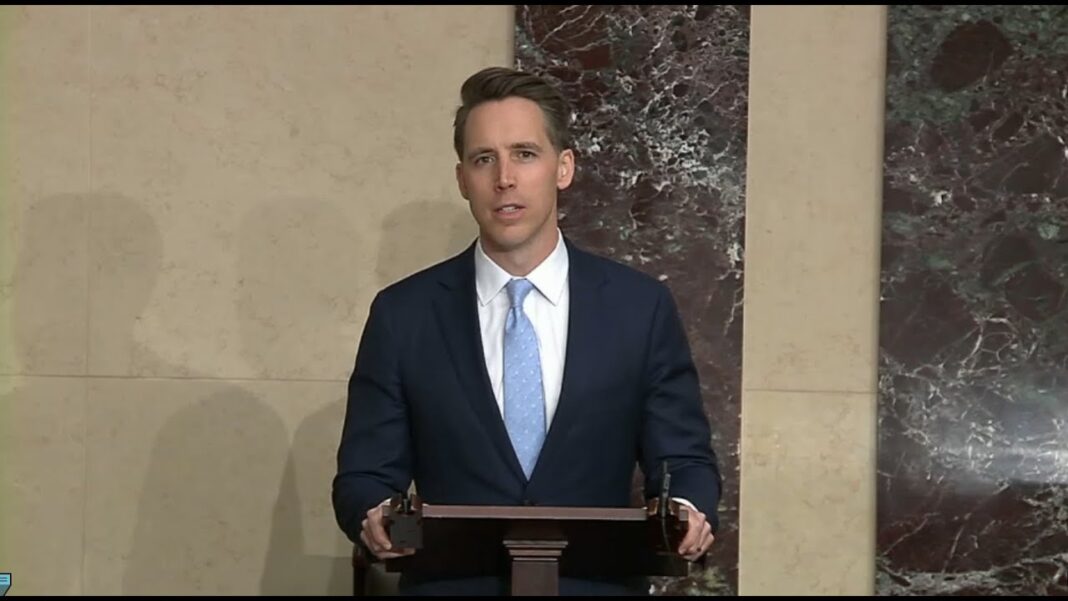Sen. Tom Cotton (R-Ark.) accused Democrats of blackmail for threatening to pack the Supreme Court if it upholds a pro-life Mississippi law.
The Arkansas Republican’s single-word tweet consisting of the word “blackmail” came in response to an article in The Hill newspaper that quoted four Democratic U.S. senators vowing to expand the size of the nation’s highest court in order to protect abortion rights, should the court decide to uphold Mississippi’s H.B. 1510, the Gestational Age Act of 2018, which prohibits abortions after 15 weeks’ gestational age except in medical emergencies or for severe fetal abnormality.
Blackmail. https://t.co/1ZnYnnIuxf
— Tom Cotton (@TomCottonAR) May 24, 2021
Sen. Steve Daines (R-Mont.), also weighed in on the article and its contents.
“Not surprised. Called it,” Daines tweeted.
The Supreme Court decided May 17 to hear Dobbs v. Jackson Women’s Health Organization, court file 19-1392. The court will consider only Question 1 in the petition for certiorari, which is “whether all pre-viability prohibitions on elective abortions are unconstitutional.”
It’s the first case dealing directly with the constitutionality of abortions that the high court has decided to take up since Justice Amy Coney Barrett’s arrival on the bench last fall gave the conservative bloc a 6–3 majority on the court, giving pro-life activists hope.
The case will probably be heard in the fall of this year and a decision rendered before summer 2022. It comes as Democrats and President Joe Biden intensify their push to expand the Supreme Court from its current nine members, in part to protect abortion rights.
In theory, the Supreme Court could overturn Roe v. Wade, the 1973 ruling that made abortion lawful throughout the United States, but court watchers say narrowing its reach seems more likely.
The court could also take aim at the splintered Planned Parenthood v. Casey (1992) decision, a plurality opinion that held that states can’t impose significant restrictions on abortion before a fetus becomes viable for life outside the womb. The Casey ruling didn’t specify when viability occurs but suggested it was at about the 23-week or 24-week gestation mark, as opposed to the 28-week mark assumed by Roe v. Wade.








